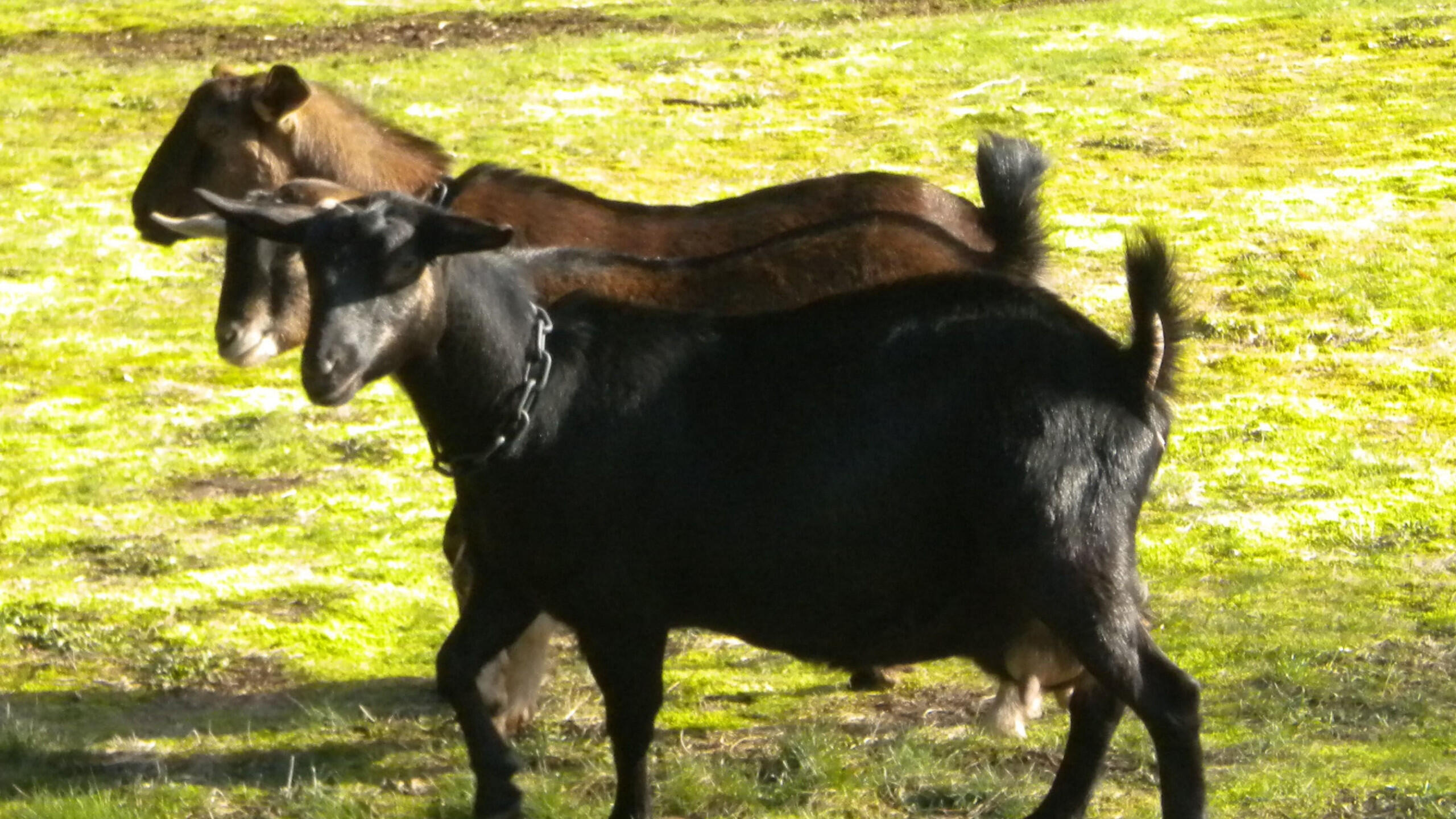10 Fascinating Facts About Kinder Goats
Kinder goats, a versatile and charming breed, have captured the hearts of farmers and hobbyists alike. Known for their friendly demeanor and dual-purpose utility, these goats are a delightful addition to any farm. Whether you're a seasoned goat keeper or new to the world of small ruminants, here are ten intriguing facts about Kinder goats that highlight why they are such a beloved breed.
1. Origin and History
Kinder goats originated in the United States in 1986. This unique breed is the result of crossbreeding between a Nubian doe and a Pygmy buck, combining the best traits of both parent breeds. The Kinder Goat Breeders Association (KGBA) was established to promote and maintain the breed's standards.
2. Dual-Purpose Breed
One of the most appealing aspects of Kinder goats is their dual-purpose nature. They are valued for both milk and meat production, making them a practical choice for small farms. Their milk is rich and creamy, while their meat is tender and flavorful.
3. Excellent Milk Producers
Despite their relatively small size, Kinder goats are prolific milk producers. A well-managed doe can produce up to a gallon of milk per day. Their milk is high in butterfat content, often reaching 6-7%, which is ideal for making cheese and other dairy products.
4. Hardy and Adaptable
Kinder goats are known for their hardiness and adaptability to various climates. They thrive in different environmental conditions, from hot and humid regions to cooler, more temperate areas. This resilience makes them a reliable choice for diverse farming setups.
5. Friendly and Social Nature
These goats are renowned for their friendly and social personalities. They are gentle, curious, and enjoy human interaction, making them excellent pets and companions for families and children. Their sociable nature also means they get along well with other livestock.
6. Efficient Feed Converters
Kinder goats are efficient feed converters, requiring less feed than larger dairy or meat breeds while still producing high-quality milk and meat. This efficiency makes them a cost-effective option for small-scale farmers looking to maximize their resources.
7. Compact Size
Weighing between 115 to 135 pounds for does and 135 to 150 pounds for bucks, Kinder goats are relatively small compared to other dairy and meat breeds. Their compact size makes them easier to handle and house, especially for those with limited space.
8. Prolific Breeders
Kinder goats are known for their high fertility and ability to produce multiple offspring per kidding. Twins and triplets are common, and some does can even have quadruplets. This prolific breeding capability contributes to the rapid growth of a Kinder goat herd.
9. Low Maintenance
These goats are relatively low maintenance compared to some other breeds. They require basic care, including regular hoof trimming, vaccinations, and a balanced diet, but they are generally hardy and resistant to many common goat diseases.
10. Versatility in Uses
In addition to milk and meat production, Kinder goats can be used for weed control and land management. Their grazing habits help maintain pastures and reduce unwanted vegetation, making them a valuable asset for sustainable farming practices.
Kinder goats are a remarkable breed that offers numerous benefits for farmers and goat enthusiasts alike. Their dual-purpose utility, friendly nature, and adaptability make them an excellent choice for those looking to raise goats for milk, meat, or companionship. Whether you're starting a new farm or adding to an existing one, Kinder goats are sure to bring joy and productivity to your endeavors.

